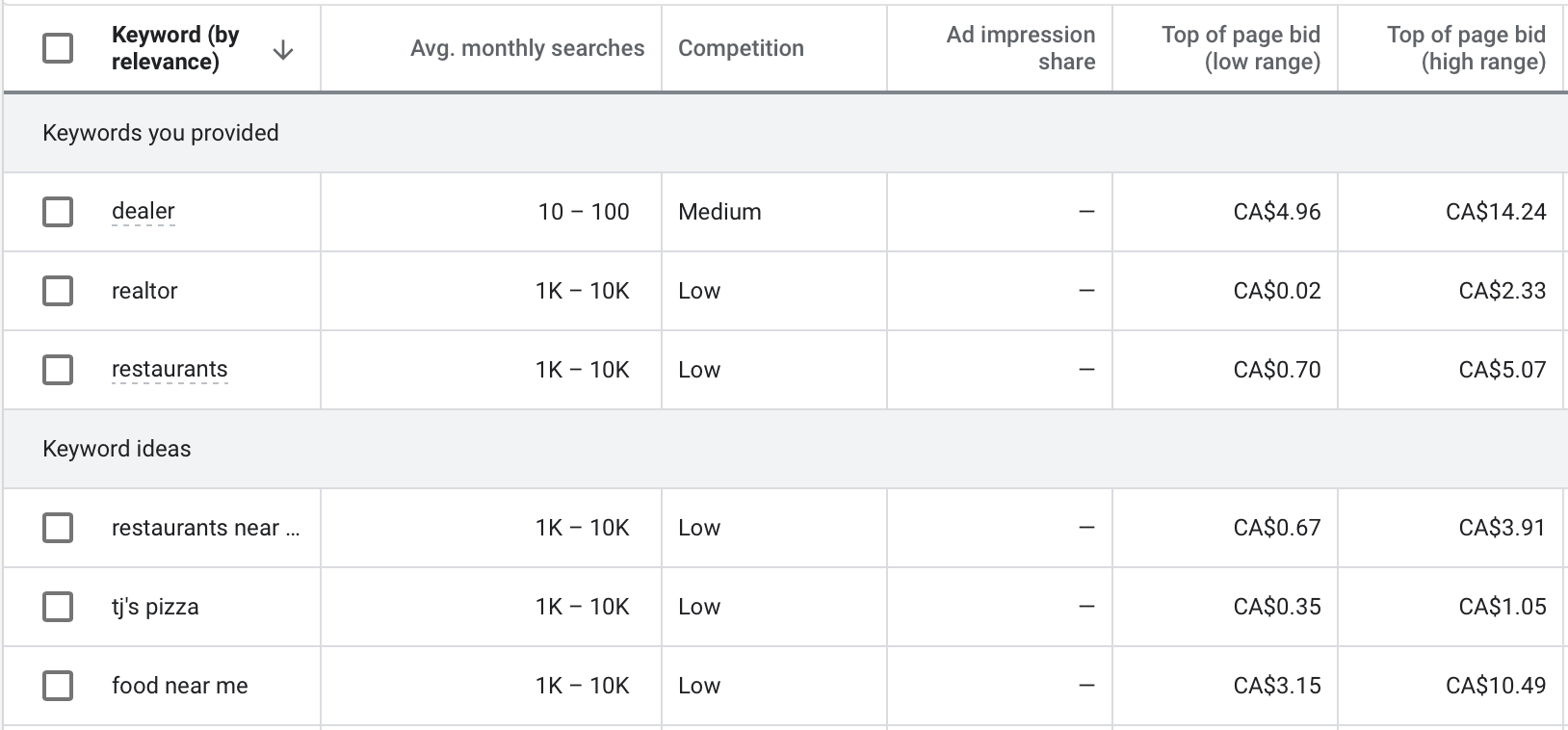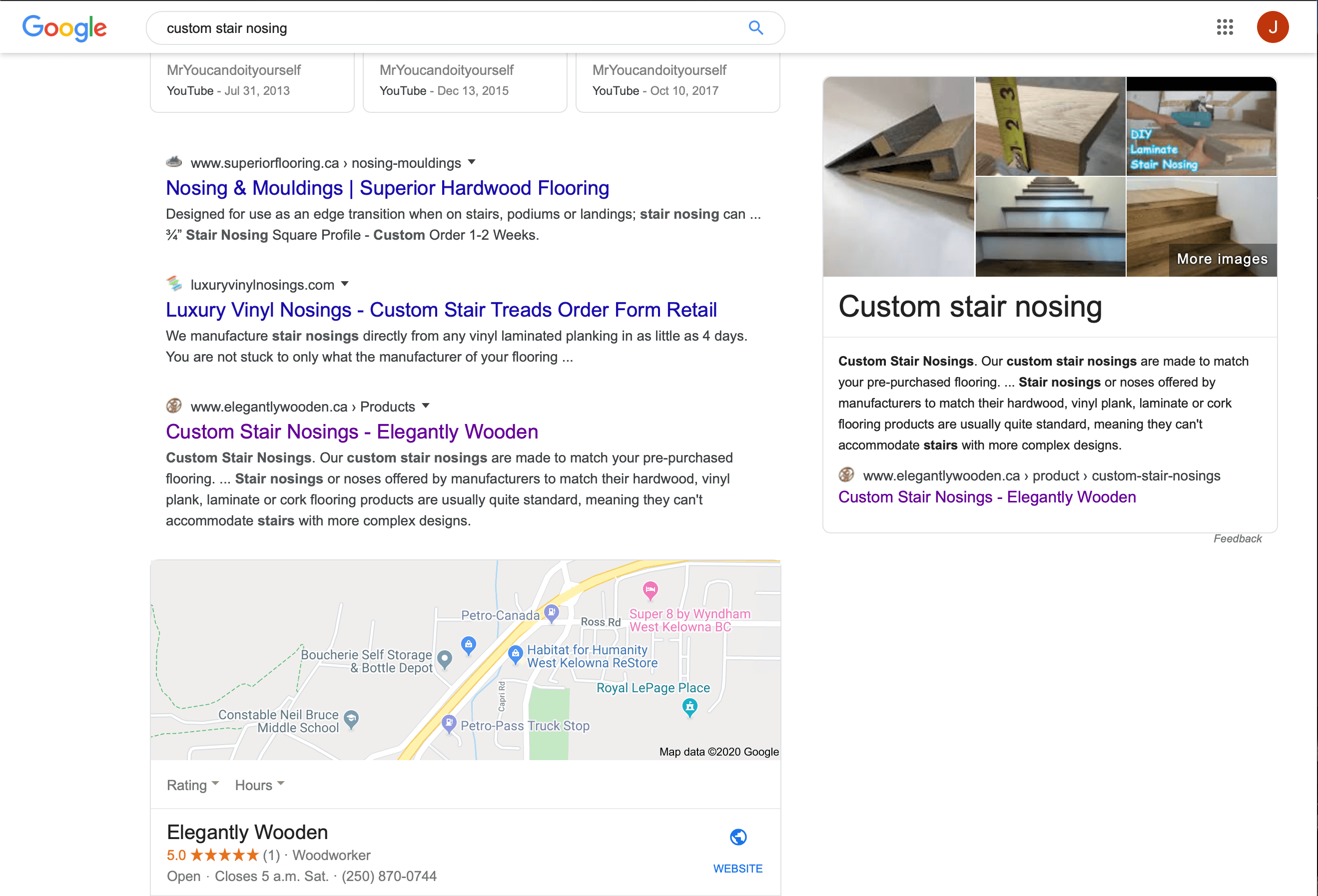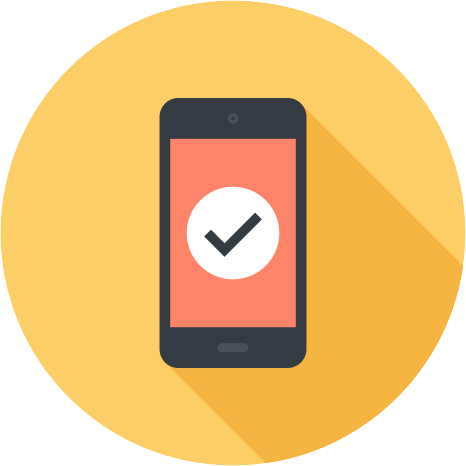Our clients often ask whether to allocate more budget on organic SEO or paid ads on Google and social media. The answers are never the same because there are pros and cons to both. In an ideal world, we would suggest investing equally in both. However, not every company has the budget to divest and still make an impact with both approaches. Therefore, what we recommend usually comes down to the unique situation of our individual clients. In this article, we discuss their differences and explain why you should consider one over the other.
What is Organic SEO?
SEO, or Search Engine Optimization, is a set of techniques that improve a website’s search engine visibility to qualifying leads. Since the search rankings achieved through this practice is unpaid, it’s considered organic, hence the name.
Long Term vs. Short Term ROI
Here’s one of the biggest differences between organic SEO and paid ads; results achieved through search engine optimization can sustain over time, but the placement of ads will stop when the campaign ends. While SEO is a powerful digital marketing tool, it takes time and effort to make a website rank well organically. On the other hand, PPC (pay-per-click) and social media ads will provide a more immediate return on your investment.
Case for Paid Ads
Building content and domain authority takes time, which is a luxury you might not have when launching a new company. Since paid ads are usually based on bids and engagements, it helps if you have a large budget or sell high-ticket items. For example, it costs $2.33 per click to outbid the competition for the keyword “realtor” in Regina but $5.07 for “restaurant(s).” You can see how paying for ads is more suitable for high-margin products and services. Another reason why you might consider paid ads is if you don’t have a website well designed for organic SEO. You can always send click-through traffic to your social media or store page.
- The costs of outbidding competition aren’t always proportionate to the costs of goods and services.
PPC (Pay-per-click) vs. Social Media Ads
Not all digital advertising platforms are created equally. Depending on your business and needs, some are more suitable than others. PPC platforms such as Google Ads are based on bids and keywords. What that means is only people that are searching or viewing relevant content online will see your ads. If you know what your audience searches for, reads online and where they are geographical, PPC might be for you. The reason for that is they already have a search intent, whether it’s to buy, look for information, or direction. It is easier to convert them into customers when they already have a search intent.
On the other hand, social media ads such as Facebook and Instagram are a bit different. Ads on these platforms can be more personal because they have lots of data points on their users. This means you can target demographics that are more like to become customers and achieve better results. Additionally, social media allows you to reach people that aren’t actively seeking to buy. However, they might be more difficult to convert because they’re not on social media to buy things but connect with people.
Case for Organic SEO
If you sell low-cost items, paid ads might not make economic sense because your ad spend increases with sales. However, if you could optimize your website to the top of search engines, your cost remains the same even if sales increases. Make no mistake, SEO is not a one-time effort. You can’t just achieve top rankings overnight and expect it to stay there without continuous effort. However, even if you pull back your SEO effort or stop for a bit, you won’t completely lose your search visibility in a short period of time.
People Are Sick of Ads
We’re starting to get used to free services, free social media, free TV, free music, and the list goes on. However, people are starting to realize that free really isn’t free, and the cost is often their privacy and annoyance. According to the New York Times, “consumers, especially the affluent young people prized by advertisers, hate ads so much that they are paying to avoid them.” Hence the success of Netflix, premium versions of YouTube, Spotify, and such. Some people get so annoyed by ads that they will boycott the companies buying those ads. Instead, your business would be more credible and trustworthy to people if it shows up as a top search result. Another thing to keep in mind is the increasing usage of voice searches via Google, Alexa, and Siri. People are now skipping these advertising platforms and relying on computers to give them the most relevant results.
- We optimized our client’s website, Elegantly Wooden, to the top of Google when “custom stair nosing” is searched.
Organic SEO + Paid Reach
If your budget allows, do both to get the best of both worlds. SEO organically brings unpaid, qualified traffic to your site, but what if they don’t convert? With Facebook Pixel, you can track logged-in Facebook users when they visit your site, which opens a whole new world. You’ll be able to know your audience, target a similar audience and re-target people that didn’t convert.
Summary
After reading this article, you should have a good idea as to how to allocate your digital marketing budget. There are pros and cons to organic SEO and paid ads, but there are differences between advertising platforms. What’s more suitable for your business depends on your needs and unique situation. If you are unsure of where to start, please don’t hesitate to reach out to us, as we provide both search engine optimization and ad management services. Alternatively, we can also custom design an optimized website from scratch that will maximize your search visibility. Click the button below if you’d like to get in touch with us for an assessment.




